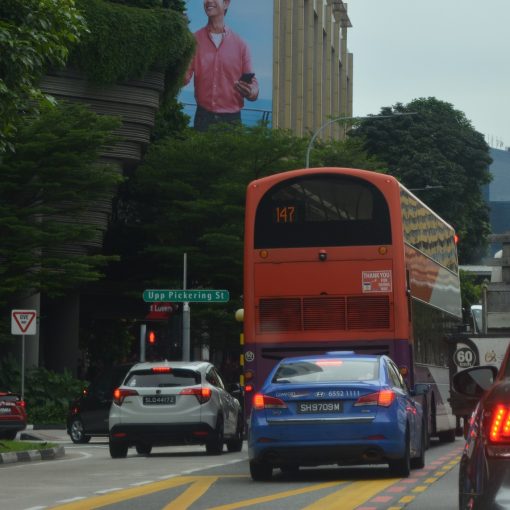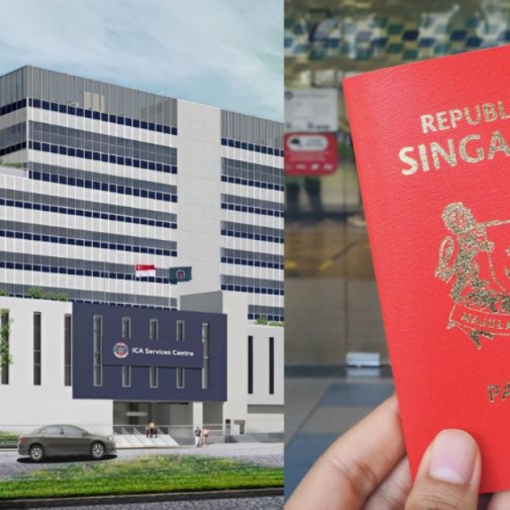Contents
The Singapore real estate market has demonstrated remarkable resilience and adaptability in recent years, reflecting broader economic trends and shifts in consumer preferences. This blog explores key trends shaping the real estate landscape in Singapore, focusing on residential resilience, commercial reimagination, urban redevelopment, sustainable development, and technological integration.
Residential Resilience: Shifting Demand and Property Types
Singapore’s residential real estate market is still expanding rapidly, as evidenced by the eleventh consecutive quarter of rising property prices. Singapore’s housing market continues to be strong due to a sustained demand for residential properties, even in the face of a worldwide economic slump. The national private residential property index grew by 4.88% year over year in the first quarter of 2024, albeit this is less than the growth rates from the prior year.
There has been a noticeable shift in buyer preferences, with many choosing smaller, more affordable homes—especially in locations close to public transportation hubs. Because owning a car is becoming more and more expensive, there is a growing demand for residences near MRT stations. In addition, the market for luxury homes is still competitive, with a limited supply pushing up prices in
Commercial Reimagination: Adaptation in Office and Retail Spaces
As companies adjust to new operating models, Singapore’s commercial real estate market is going through major change. Decentralization is becoming more and more popular as businesses look for office space outside of metropolitan centres to draw in talent and create less crowded work conditions. Large technological companies are showing a noticeable shift in this direction, as they are increasing their presence in suburban areas and co-working spaces.
Additionally, retail spaces are being redesigned with a focus on experiential shopping and the incorporation of technology to improve the customer experience. Through its BOOST project, the Singapore Tourism Board hopes to revitalize the hotel industry and increase demand for retail and tourism-related commercial real estate.
Urban Redevelopment: Infrastructure Projects and Urban Planning Initiatives
Singapore’s real estate policy continues to heavily emphasize urban redevelopment, with continuous infrastructural projects intended to improve livability and connectivity. The government’s dedication to environmentally friendly urban design is demonstrated by programs that give priority to green areas and effective public transportation. These initiatives raise the standard of living for locals while also enhancing the allure of neighboring real estate projects.
With a focus on developing integrated communities that mix residential, commercial, and recreational spaces, the Urban Redevelopment Authority (URA) will continue to be a major player in determining the future of Singapore’s urban landscape. In order to accommodate the expanding population and preserve Singapore’s standing as a global metropolis, an all-encompassing strategy is crucial.
Sustainable Development: Green Building Practices and Eco-Friendly Initiatives
The real estate sector in Singapore is starting to prioritize sustainability, with a growing focus on environmentally friendly construction methods. Green technologies and materials are being incorporated into buildings by developers in response to the growing demand for sustainable housing. This movement is fueled by a shift in consumer attitudes toward living in an environmentally responsible manner in addition to legislative requirements.
Initiatives for sustainable development, which aim to reduce environmental effect and increase energy efficiency, are becoming more popular as the market changes. Green building certifications and standards are increasingly being integrated, which is indicative of the real estate industry’s broader commitment to sustainability.
Technological Integration: PropTech Innovations and Smart Real Estate Solutions
PropTech, or the application of technology to the real estate industry, is changing the way that properties are managed, promoted, and sold in Singapore. Technology advancements like AI-powered property management, virtual reality tours, and smart house features are improving the purchasing and leasing experience for customers. These developments not only simplify procedures but also offer insightful information about consumer behavior and market trends.
The need for smart real estate solutions is anticipated to increase as Singapore markets itself as a technological hub. Modern consumers demand efficiency and usability, thus developers are embracing these technologies more and more to create more modern living spaces convenience and connectivity.
In conclusion, the Singapore real estate market is characterized by resilience and adaptability, driven by shifting consumer preferences and technological advancements. As the market continues to evolve, stakeholders must remain attuned to these trends to capitalize on emerging opportunities and navigate the challenges ahead.



